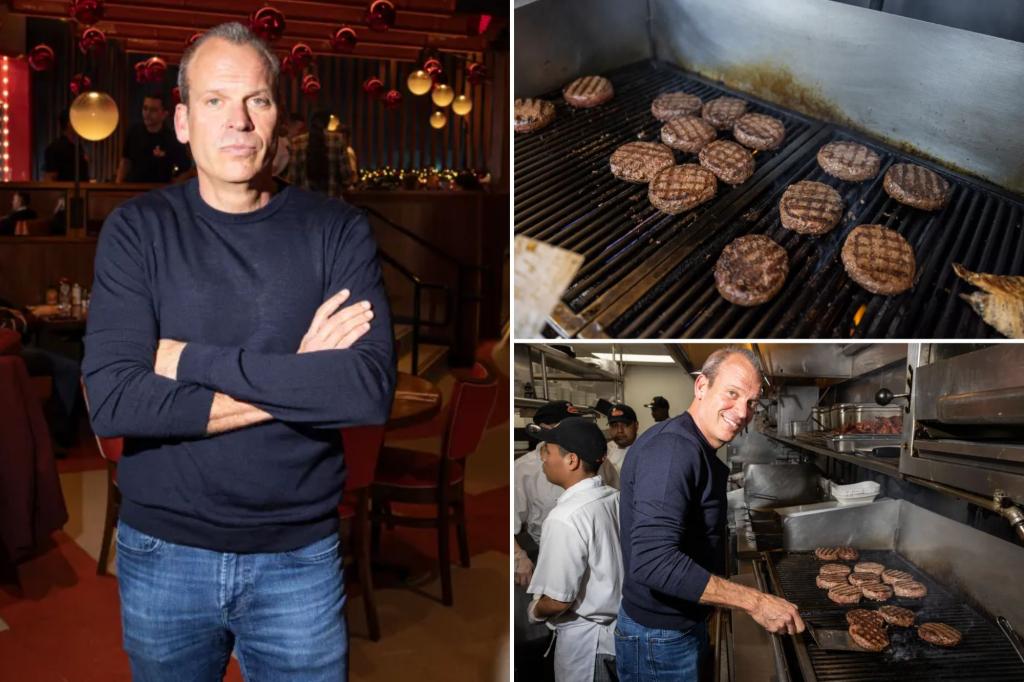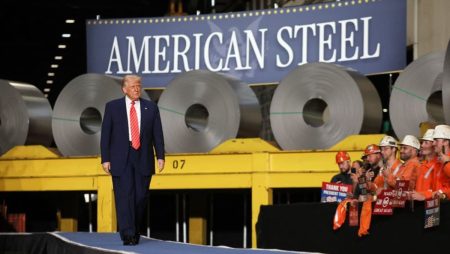The proposed regulations targeting char broilers in New York City restaurants have ignited a fiery debate, pitting environmental concerns against the culinary traditions and economic realities of the food industry. The Department of Environmental Protection (DEP) aims to reduce smoky emissions from these cooking appliances by 75%, impacting restaurants that char-broil over 875 pounds of meat weekly. Establishments with char broilers installed before May 6, 2016, will be required to install emissions control devices or find alternative cooking methods, unless they successfully apply for a hardship variance. This move, following a similar crackdown on wood- and coal-fired pizzerias, has sparked outrage among restaurateurs, who decry what they perceive as government overreach and an intrusion into their businesses.
The financial implications of these regulations are significant. Industry estimates suggest that up to 200 restaurants could be affected, facing thousands of dollars in costs to upgrade their exhaust systems. Restaurant owners argue that the focus on char broilers is misplaced, particularly given other pressing issues like public safety, and call for the government to prioritize quality-of-life concerns over culinary practices. While iconic establishments like Junior’s Restaurant, known for its char-broiled specialties, express frustration and disbelief, popular steakhouses like Empire Steakhouse also face potential upgrades to their ventilation systems. While fast-food chains like Burger King, which prominently features flame-broiling in its advertising, appear to already comply with the proposed emissions standards, the impact on smaller, independent restaurants could be substantial.
The rationale behind the proposed regulations stems from concerns about air quality and public health. Char broilers, while favored for their ability to cook large quantities of food quickly and impart a desirable smoky flavor, are known to produce significant particulate matter, a pollutant linked to respiratory problems and other health issues. A study by the University of California, Riverside, highlighted the surprising levels of air pollution generated by commercial hamburger cooking, even exceeding that of diesel trucks. The DEP cites data indicating that commercial char broilers in New York City contribute around 4,000 tons of particulate matter annually. Furthermore, the city’s Department of Health and Mental Hygiene estimates that these emissions contribute to over 12% of premature deaths attributable to particulate matter each year.
Proponents of the regulations argue that the installation of emissions control technology in all commercial char broilers could prevent nearly 350 premature deaths annually. The DEP emphasizes that the stricter exhaust requirements are in line with a law passed by the City Council and former Mayor de Blasio a decade ago, aiming to address the significant contribution of commercial cooking to the city’s air pollution. This source, according to the DEP, surpasses both construction and transportation in terms of pollution levels. Rohit Aggarwala, the city’s chief climate officer and DEP Commissioner, underscores the city’s commitment to preventing premature deaths through these measures, highlighting the substantial public health benefits that could be achieved.
However, critics contend that the health concerns are exaggerated and that the city’s resources should be directed towards more pressing issues. Restaurant owners argue that the focus on char broilers is disproportionate and call for a more balanced approach that considers the economic impact on businesses. The industry also advocates for financial assistance from the city to help restaurants shoulder the costs of compliance. Andrew Rigie, executive director of the New York City Hospitality Alliance, supports cleaner air initiatives but stresses the need for grants and financial support to enable small businesses to meet the imposed goals, rather than bearing the burden alone. This sentiment reflects the broader concern about the potential strain on restaurants already facing various challenges in a competitive market.
The debate surrounding the char broiler regulations unfolds against the backdrop of broader discussions about environmental regulations and their impact on businesses. The recent ban on gas stoves in most new housing construction in New York State, pushing for electric alternatives, exemplifies the growing focus on reducing emissions and promoting cleaner energy sources. The proposed char broiler regulations represent another step in this direction, but the contentious nature of the issue highlights the need for a balanced approach that addresses both environmental concerns and the economic realities of the affected businesses. The DEP’s scheduled public hearing on the matter provides an opportunity for stakeholders to voice their opinions and contribute to a more informed decision-making process. The final outcome will significantly impact the culinary landscape of New York City and serve as a precedent for similar regulations in other urban areas.










